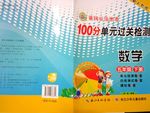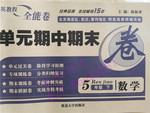题目内容
— Did you stay at the party until the very end last night?
— No,I left as early as was ________ with politeness.
A. content B. consistent
C. patient D. Permanent
练习册系列答案
 智慧课堂密卷100分单元过关检测系列答案
智慧课堂密卷100分单元过关检测系列答案 单元期中期末卷系列答案
单元期中期末卷系列答案
相关题目
题目内容
— Did you stay at the party until the very end last night?
— No,I left as early as was ________ with politeness.
A. content B. consistent
C. patient D. Permanent
 智慧课堂密卷100分单元过关检测系列答案
智慧课堂密卷100分单元过关检测系列答案 单元期中期末卷系列答案
单元期中期末卷系列答案